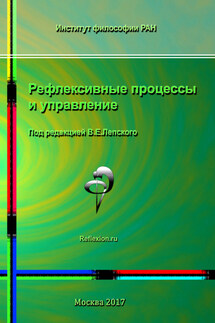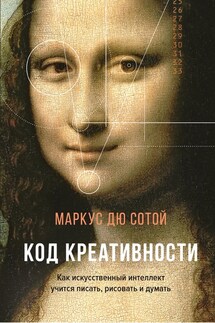Vladimir Lepskiy (Institute of Philosophy Russian Academy of Sciences)
Third-order cybernetics
Abstract. To prove the connection between the evolution of cybernetics and the development of scientific rationality (classical, non- classical, post-non-classical) and to prove the relevance of the formation of post-non-classical cybernetics for self-developing reflexive-active environment (the third-order cybernetics).
Keywords: Cybernetics, third-order Cybernetics, Philosophy, Methodology, classical, non-classical, post-non-classical Rationality, self-developing reflexive-active Environments
Introduction
In recent decades Russian philosophy of science has recognized three stages in the development of science (classical, non-classical, and post-non-classical), which were proposed by V. S. Stepin (Stepin, 2005). If we ignore these changes, we risk losing sight of basic shifts in the scientific fields of control and in the evolution of cybernetics. Post-non-classical scientific rationality integrates all three types of scientific rationality.
The analysis of evolution of cybernetics and the evolution of scientific rationality make possible the hypothesis of their correlation. First-order cybernetics "cybernetics of observed systems" (Norbert Wiener) developed in classical scientific rationality. Second-order cybernetics "cybernetics of observing systems" (Foerster, 1974) developed in a non-classical scientific rationality. Post-non-classical scientific rationality can become a basis for formation of a post-non-classical "cybernetics of self developing" reflexive-active environments‖ which can be considered as the third-order of cybernetics.
Configurator of the philosophical and methodological cybernetics analysis
For analyzing the evolution of cybernetics we use the idea of the system configurator offered by V. A. Lefebvre (Lefebvre, 1967). The idea is that the researcher selects the most significant points of view on the object of research. The object is projected on several screens. The screens are connected with each other. The researcher can correlate various points of view on an object.
We will define structuring positions of the configurator in the context of the traditional points of view of scientific analysis:
– philosophical level (science philosophy – basic types of scientific rationality);
– methodological level (basic paradigms and objects of a research, methodology of scientific approach);
– theoretical level (the basic providing areas of knowledge);
– methodical level (basic methods, models, technologies).
The configurator for the analysis of the evolution of cybernetics is presented in Table 1 and Table 2.
Table 1. The generalized results of the philosophical and methodological analysis of the evolution of cybernetics (philosophical, methodological and theoretical levels).














